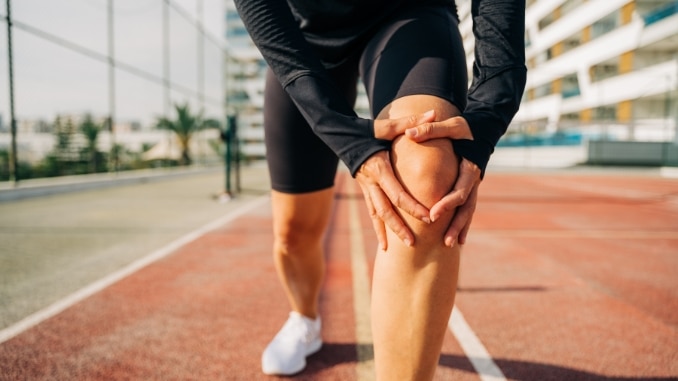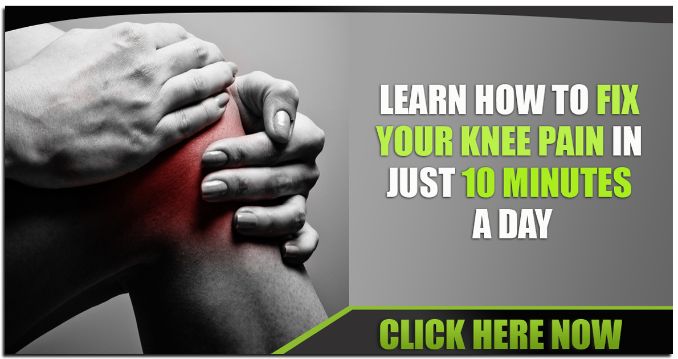An anterior cruciate ligament (ACL) [1] injury can end seasons, wreck careers, and leave you facing ACL surgery or months of grueling rehab. Whether you’re an athlete, a weekend warrior, or just someone who wants strong, pain-free knees, ACL injury prevention [2] exercises are a game-changer.
Some people—like female athletes and older people—are at a higher risk due to anatomical differences, biomechanics, and age-related factors. But here’s the good news: you CAN train your knees to be more resilient.
Let’s dive into the best ACL injury prevention exercises to help you strengthen your knees, improve stability, and reduce ACL injury risk for good.
Here’s a step-by-step guide to exercises that decrease injury risk and boost knee control. These are used by athletic trainers, orthopedic specialists, and physical therapists in injury prevention programs for athletes at all levels.
These workouts include advanced movements that require strength, mobility, and endurance. Modify the exercises to suit your abilities and prioritize proper form if needed.
1. Deceleration Training
Stop ACL injuries before they happen. Why? Most ACL tears happen when stopping, landing, or changing direction. This exercise improves neuromuscular control and helps you land softly.
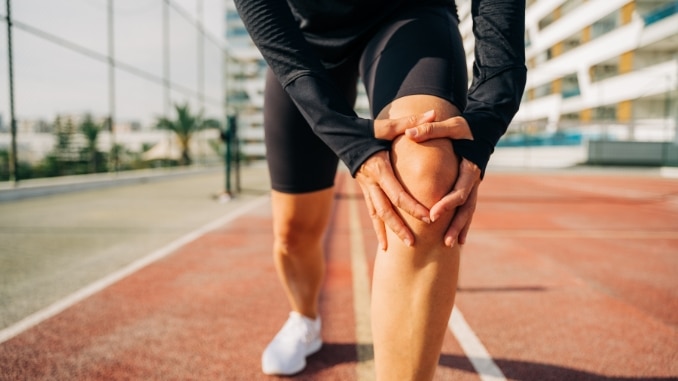
- Sprint 10–15 yards at 75–90% effort.
- Quickly decelerate, focusing on keeping your knees bent and aligned with your toes.
- Stop smoothly, avoiding sudden, stiff braking.
- Repeat 5-8 times.
Common mistake: Landing with straight legs—this increases the ACL injury risk!
2. Single-Leg Hops (Improve Balance & Knee Control)
Why? ACL injuries often happen when landing on one leg. This ACL injury prevention exercises builds ankle, knee, and hip stability.
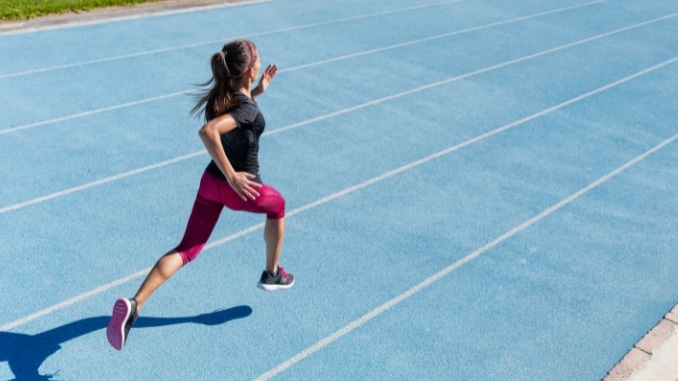
- Begin in an upright standing position on the ground, and maintain good alignment with your head, shoulders, hips, and legs.
- Engage your core muscles.
- Stand on your left leg and hop forward, sideways, and backward on the same leg.
- Land softly with knees bent.
- Repeat the movement with 10 repetitions per leg.
Common mistake: Letting your knee cave inward (valgus collapse), which is a huge risk factor for ACL tears.
3. Resistance Band Side Steps (Strengthen Key ACL Muscles)
Why? This targets the hip flexors, hamstrings, and glutes, all of which protect the knee joint.
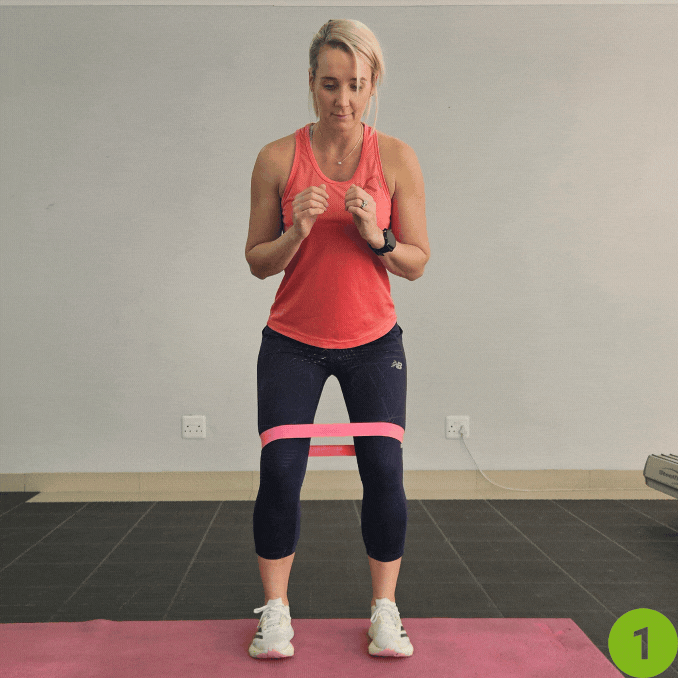
- Begin in an upright standing position with your feet shoulder-width apart, maintaining good alignment with your head, shoulders, and hips.
- Wrap the resistance band around your legs just a bove your knees.
- Bend your elbows to bring your hands to chest height.
- Keep your knees slightly bent and engage your core.
- Take controlled steps from side to side.
Common mistake: Letting your knees cave inward. Stay strong!
4. Bulgarian Split Squats (Build Strength and Stability)
Why? This single-leg movement strengthens hamstring muscles, quads, and glutes, reducing ACL stress.
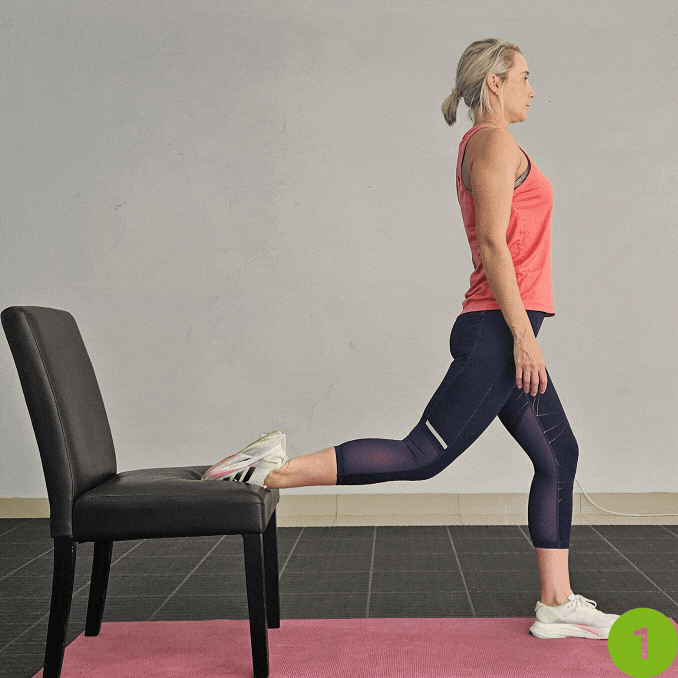
- For this ACL injury prevention exercises, begin in an upright standing position in front of a chair with your feet hip-width apart, maintaining good alignment with your head, shoulders, hips, and legs.
- Place one foot on the seat of the chair.
- Engage your core muscles.
- Lower your front leg until your knee is at a 90-degree angle, as you press your palms together at chest level.
- Hold the position for a couple of seconds.
- Push through your heel to return to the starting position.
- Repeat the movement with 10 repetitions.
- Relax and repeat the movement on the opposite side. Complete 3 sets.
Common mistake: Rushing through reps. Focus on control.
5. Nordic Hamstring Curls (Protect Your ACL!)
Why? Weak hamstring muscles increase the ACL injury risk. This move is brutal but effective.
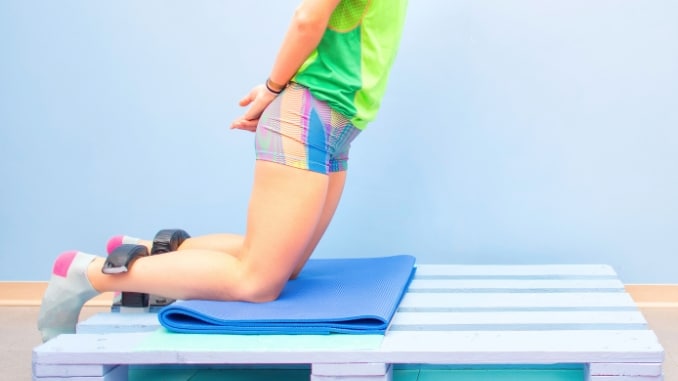
- Begin in an upright kneeling position with your knees hip-width apart.
- Maintaining good alignment with your head, shoulders, and hips.
- Anchor your feet on a bottom railing or have a partner hold your ankles.
- Place your hands at your back or at your side.
- Engage your core muscles.
- Slowly lower your body forward as far as you can.
- Use your arms to catch yourself, then push back up.
- Repeat the movement with 5 repetitions.
Common mistake: Dropping too fast! Control is key.
6. Agility Ladder Drills (Train Like an Athlete!)
Why? Improves neuromuscular training [3], reaction time, and knee control—all crucial for reducing ACL injury rates.
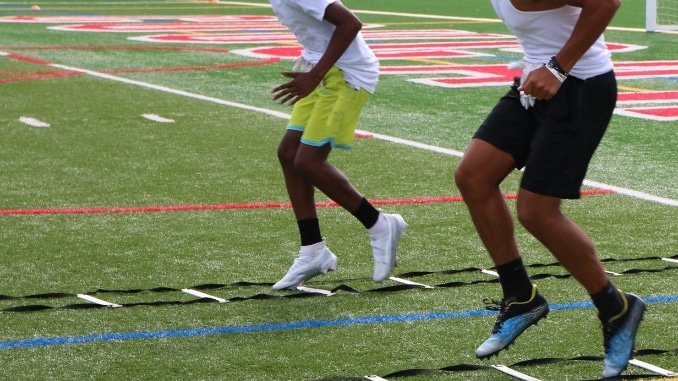
- Set up an agility ladder.
- Perform quick feet drills, such as two feet in, two feet out.
- Keep knees bent and stay light on your feet.
- Work for 30 seconds, rest, and repeat 5 sets.
Common mistake: Landing too hard—this adds stress to the knee joint.
Key Insights Shared by Jerry Shreck in the Interview
1. Why are ACL injuries a big deal for athletes?
A very traumatic injury where the athlete’s going to lose playing time. They’re going to lose their season, and you’re looking anywhere from six months to a year of rehab. And hoping that they can make it back to almost the level of performance they were before they injured themselves.
However, athletes with ACL injuries usually never return to a hundred percent participation rate as they were before; it’s scarce. They can come back and compete if they have a good rehabilitation process and get it all strengthened and support structures.
2. What are the causes of ACL injuries?
Most ACL injuries occur when the knee is suddenly and forcefully bent, causing excessive stress on the ACL ligaments. Some of the most common causes of ACL injuries include:
- Sports that involve running and jumping, such as basketball, soccer, track and field, downhill skiing, and volleyball, are associated with a high risk of ACL injury.
- Landing from a jump or stepping off the curb incorrectly can cause the ACL to tear.
- Injuries that cause the knee to twist, such as with contact sports like football, rugby, or martial arts, can result in a twisted knee that can damage the ACL.
- Having a higher weight or out of shape can put you at risk for ACL injury.
- Other knee injuries such as meniscus tears, joint instability, or flat feet can increase your risk of ACL injuries.
- A family history of ACL tears can also increase your risk of ACL injury.
3. What are contact and non contact ACL injuries?
An ACL tear can occur during either a contact or a noncontact activity. Noncontact ACL injuries occur when athletes try to change direction, slow down, or land from a jump. Approximately 70 percent of ACL injuries are noncontact and result from direct blows to the knee that cause it to hyperextend or bend inward.
4. Why are women more prone to ACL injuries?
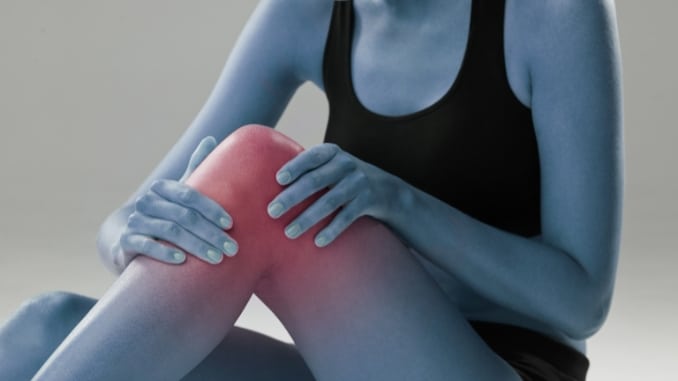
Research in orthopedics has shown that females are two to 10 times more likely than males to suffer an ACL tear in sports such as soccer. Basketball players are twice to seven times more at risk of sustaining an ACL tear than their male counterparts.
5. Tips to avoid ACL injuries
- Warm up before practice or a game to prepare your body for physical activity.
- Be sure to stretch, especially the muscles and tendons in the legs.
- Modify your practice and game routines to avoid unnecessary knee bending.
- Wear proper footwear, including good-quality athletic shoes and properly fitting soccer or basketball cleats.
- Stay in shape by participating in a regular exercise routine.
- Maintain a healthy weight by eating a balanced diet and getting enough sleep.
- Improve your core strength to help support your knee.
6. Signs of an ACL tear
- A popping sensation in your knee before feeling pain and swelling.
- Feel like your knee gives out and buckles.
- A feeling of instability when you try to walk or put weight on your knee.
- You feel like your knee is shaking when you walk.
- Feeling like your knee is caving in towards your other knee.
- You feel like you have to put extra effort into walking upstairs
7. How to diagnose an ACL tear
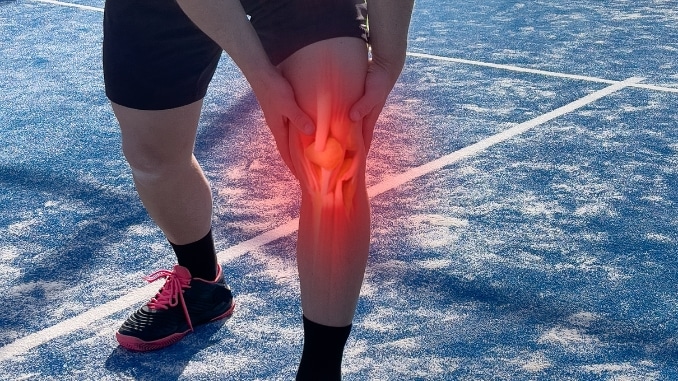
MRI is the most accurate way to diagnose an ACL injury. If you hear a popping sound in your knee, you may have torn your ACL. Your kneecap might move out of place or be off to the side after an ACL injury. And your knee might feel unstable and be hard to walk on.
Your knee might swell after the injury. You might hear a clicking sound when you bend and straighten your knee. You might lose strength in your leg after a knee injury.
8. Treating an ACL Injury
- Rest your knee to avoid further damage and swelling.
- Apply ice to the area to help with pain and swelling.
- Take over-the-counter pain relievers such as ibuprofen to help manage pain.
- Elevate your knee above your heart when resting to help with swelling.
- Invest in a knee brace to help stabilize your knee and protect it from further injury and movement.
- Participate in physical therapy to regain strength in your knee.
- Strengthen your core and leg muscles to help support your knee.
- Participate in sports and activities when cleared by your doctor.
- Wearing proper protective gear during sports and activities can help protect against future ACL injuries.
ACL Injury Prevention for Different Groups
1. ACL Prevention for Females
Women are at a higher risk due to hip-to-knee angles and hormonal factors. Neuromuscular training and core strengthening help balance these biomechanical measures.
Key Focus:
- Avoid knee valgus (knees caving in).
- Strengthen hamstrings to counterbalance dominant quads.
2. ACL Prevention for Older People
Aging reduces joint stability, making ACL injuries more common. Exercises should focus on balance, strength, and mobility.
Key focus:
- Slow, controlled movements.
- Increase stability with one-leg balance drills.
3. ACL Prevention for Athletes
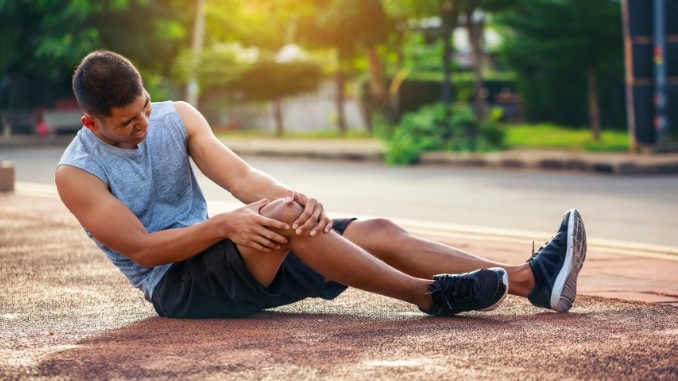
Athletes returning to high-risk sports like soccer, basketball, and football need pre-season prevention programs to stay safe.
Key focus:
- Deceleration training for safer landings.
- Agility exercises to improve movement patterns.
Dr. Michael J. Stuart, an American sports physician and orthopedic surgeon at the Mayo Clinic, has provided insights on ACL injury prevention. Dr. Stuart emphasizes the importance of strength, flexibility, and awareness to reduce the risk of ACL injuries.
He advocates for injury prevention programs that focus on neuromuscular training, which includes exercises designed to improve balance, proprioception, and proper movement patterns. Implementing these programs can significantly decrease the incidence of ACL injuries among athletes.
Ready to Bulletproof Your Knees
Don’t wait until it’s too late! Add these ACL injury prevention exercises to your training and decrease your injury risk today!
Are you tired of knee pain keeping you from doing what you love? Wouldn’t it be great to ease that pain without leaving your house? Good news: You can treat your knee pain at home in just 10 minutes a day. Check out this Knee Pain Solve Program now!
What’s your experience with ACL injuries? Drop a comment below!
Frequently Asked Questions
How can you prevent ACL injuries?
Strengthen the core, hips, and legs, improve balance, and practice proper landing techniques. Neuromuscular training programs help reduce the risk.
Can the ACL heal only by exercise?
A partially torn ACL may benefit from rehab, but a full tear typically requires surgery for full stability.
What is the best support for the ACL?
Knee braces can provide stability, but strong quadriceps, hamstrings, and glutes are the best long-term support.
How to prevent ACL injuries in female athletes?
Strength training, plyometrics, and neuromuscular training help counteract higher knee stress and improve biomechanics.

